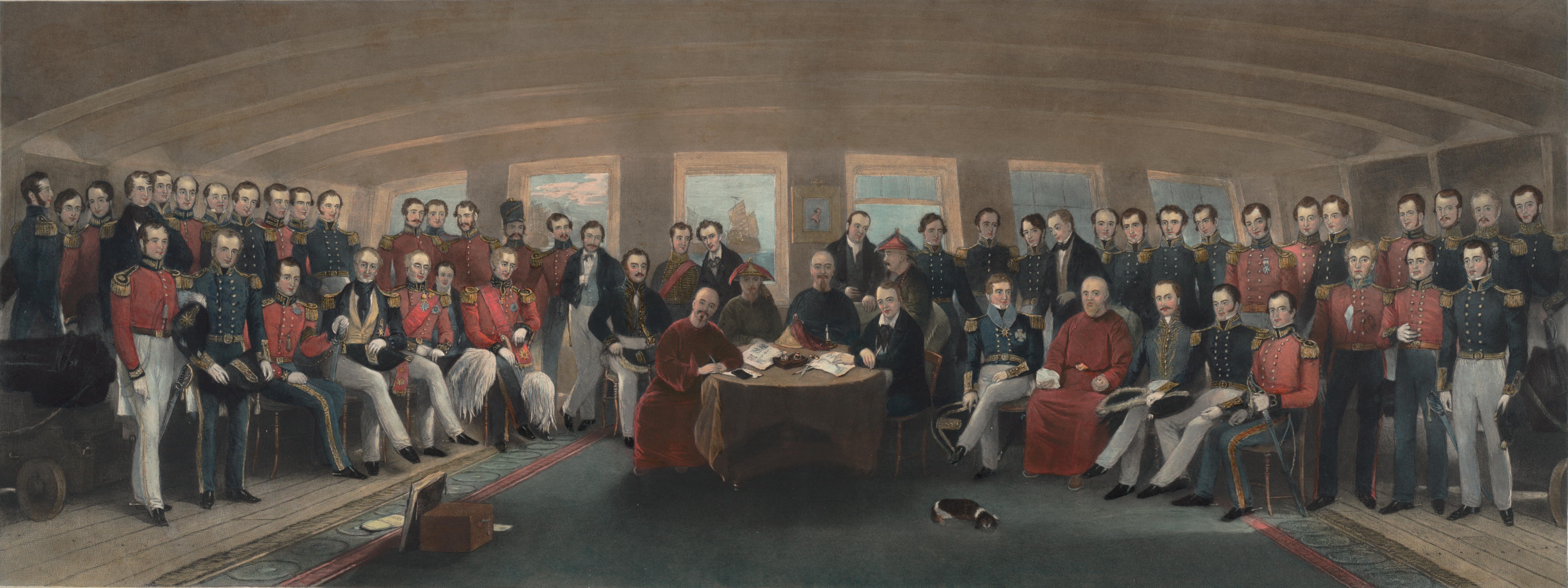|
Havilland Walter De Sausmarez
Sir Havilland Walter de Sausmarez, 1st Baronet (30 May 1861 – 5 March 1941) was a judge of various British colonial or consular courts in Africa and Asia, the Ottoman Empire and China. His last judicial position before retirement was as Chief Judge of the British Supreme Court for China. He later served as Bailiff (Channel Islands), Bailiff of Guernsey. Early life Sausmarez was born on 30 May 1861, the son of the Rev. Havilland de Sausmarez by his marriage to Anne Priaulx Walters. He was a scholar at Westminster School, Westminster, where he had a fine athletic record, including being Head of the Water. From there he went up to Trinity College, Cambridge, where he continued his career as an athlete and graduated Bachelor of Arts, BA in 1883. In 1881, while still at Cambridge, he was admitted to the Inner Temple and was called to the Bar in November 1884. He practised as a barrister in England on the Southern Eastern Circuit and then moved to Africa, where he began to practise ... [...More Info...] [...Related Items...] OR: [Wikipedia] [Google] [Baidu] |
British Supreme Court For China
The British Supreme Court for China (originally the British Supreme Court for China and Japan) was a court established in the Shanghai International Settlement to try cases against British subjects in China, Japan and Korea under the principles of extraterritoriality. The court also heard appeals from consular courts in China, Japan and Korea and from the British Court for Japan which was established in 1879. History of the court Britain had acquired extraterritorial rights in China under the Treaty of Nanking in 1842. The United States obtained further extraterritorial rights under the Treaty of Wanghsia, which Britain was able to take advantage of under the Most Favoured Nation provision in a Supplemental Agreement to the Treaty of Nanking. Subsequently, under the Treaty of Tientsin, these rights were provided for directly in a Sino-British Treaty. In 1858, Britain obtained extraterritorial rights in Japan under the Anglo-Japanese Treaty of Amity and Commerce. The Trea ... [...More Info...] [...Related Items...] OR: [Wikipedia] [Google] [Baidu] |

